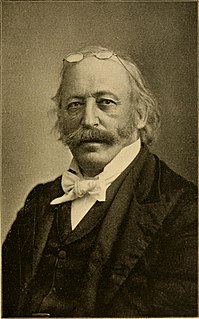A Quote by Jeremy Collier
Of all sorts of flattery, that which comes from a solemn character and stands before a sermon is the worst-complexioned. Such commendation is a satire upon the author, makes the text look mercenary, and disables the discourse from doing service.
Related Quotes
The discourse on the Text should itself be nothing other than text, research, textual activity, since the Text is that social space which leaves no language safe, outside, nor any subject of the enunciation in position as judge, master, analyst, confessor, decoder. The theory of the Text can coincide only with a practice of writing.
We must be forewarned that only rarely does a text easily lend itself to the reader's curiosity... the reading of a text is a transaction between the reader and the text, which mediates the encounter between the reader and writer. It is a composition between the reader and the writer in which the reader "rewrites" the text making a determined effort not to betray the author's spirit.
Comedy is very interesting because you can very quickly cross into dangerous territory. I mean look at what happened, unfortunately, (in) Paris a couple of weeks ago. They were making comics - which were really satire - but it offended people. I'm not saying the reaction was justified but there's definitely a line when you're doing comedy or satire and how it might affect somebody. That's the thing you have to watch and I think you have to be respectful of it.
You have a certain objectivity, as a member of the audience, and you can come away maybe being provoked into a certain discourse or a certain arena of questioning, regarding how you would deal with things that your character has to deal with. Whereas when you're doing a film, once you start asking, "What would I do?," you're getting the distance greater between yourself and the character, or you're bringing the character to you, which I think is self-serving, in the wrong way. The idea is to bring yourself to the character.
All we can say is that, as the result of a process which went on from the fourth century to about the eighth, a standard type of text was produced, which is found in the vast majority of the manuscripts that have come down to us. At least ninety-six per cent of the extant manuscripts of the Greek New Testament are later than the eighth century; and of those only a handful preserve traces of the other types of text which were in existence before the adoption of the standard text, and out of which it was created.





































